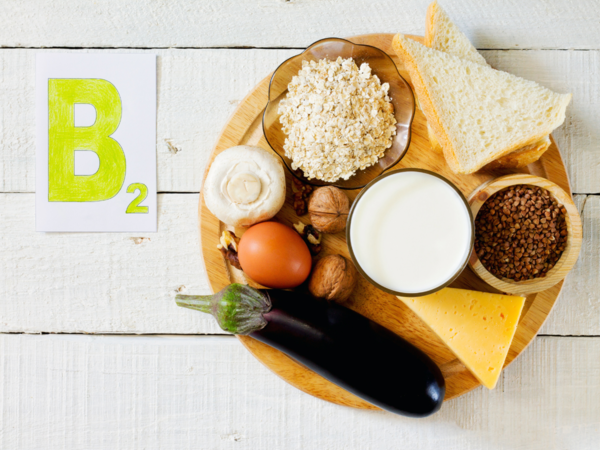Have you ever entered a room and forgotten why you were there? Or had trouble recalling an important detail of a conversation? Memory and intelligence are closely linked to the nutrients that we consume daily. Our brain needs good fuel to stay alive, quickly process information and reduce the risk of cognitive decline as we get older.
Some nutrients play a key role in improving brain function, supporting memory and even protecting against diseases such as Alzheimer’s disease. Here are 3 of the best nutrients for brain health, the right dose and the foods you need to add to your diet to keep your mind.
Omega-3 fatty acids
Omega-3 fatty acids are essential for brain function, in particular the DHA (Docosahexaénoic acid), which represents an important part of the brain fabric. These healthy fats help build brain cells, support communication between neurons and reduce inflammation, which is linked to cognitive decline and memory loss.
According to a study carried out in 2022 consuming omega-3 fatty acids increases learning, memory, cognitive well-being and blood flow in the brain.
How much do you need?
Experts recommend 250 to 500 mg of combined EPA (Eicosapentaenoic acid) and DHA per day for optimal brain function. However, for those who have cognitive problems, some studies suggest that up to 1,000 mg per day can be beneficial.
Best foods to eat:
- The most famous foods for omega 3 fatty acids are fatty fish
- Chia nuts and seeds
- Flax seeds and hemp seeds

B vitamins
Vitamins B, in particular B6, B9 (Folate) and B12, play an important role in brain function. They help reduce homocysteine levels, an amino acid which, when too high, has been linked to memory problems and a cognitive decline. These vitamins also support the production of neurotransmitters who influence mood, memory and intelligence.
According to a study carried out in 2012, low levels of vitamin B-12 were linked to both slow information processing and a poor memory function.
How much do you need?
Vitamin B6: 1.3–2 mg / day (found in poultry, bananas and potatoes)
Folat (B9): 400 mcg / day (found in spinach, lenses and oranges)
Vitamin B12: 2.4 mcg / day (found in eggs, dairy products and fortified cereals)
Best foods to eat:
- Green leafy like spinach
- Eggs and dairy products
- Enight fish and meats
- Fortified vegetable milk for vegans
Antioxidants
Antioxidants, in particular vitamin C, vitamin E and flavonoids, help protect brain cells from oxidative stress, which can speed up aging and memory loss. They also support blood flow to the brain, ensuring that it gets oxygen and nutrients it needs to work at best.
How much do you need?
Vitamin C: 75–90 mg / day (higher in smokers)
Vitamin E: 15 mg / day
Flavonoids: No official recommendation, but consuming a variety of colored fruits and vegetables is essential.
Best foods to eat:
- Berries like blueberries, strawberries and blackberries
- Dark chocolate (70% cocoa or more)
- Citrus as the oranges and the grapefruit
- Nuts and seeds, especially almonds and sunflower seeds



